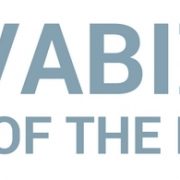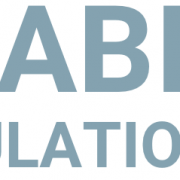SEC Proposes New Changes to Accredited Investor Definition
The U.S. Securities and Exchange Commission (SEC) recently proposed new rules to expand and clarify the definition of “accredited investor” under the U.S. Securities Act of 1933. Among other things, the rules would open private capital markets to a potentially wider group of individuals and entities, making Regulation D private offerings available to more people than ever before.
The accredited investor definition serves as a key benchmark for individuals and entities to participate in private offerings without the disclosure burdens associated with public (registered) offerings to a wider audience of investors. Currently, the definition limits investment to individuals with (i) a net worth (or joint net worth with a spouse) of $1 million or (ii) annual income of $200,000 (or $300,000 jointly) and entities either with total assets of at least $5 million or in which all the equity holders are accredited investors.
While not revolutionary, the proposed rules provide helpful clarity to several aspects of the definition. For sponsors who raise capital through Regulation D private offerings, the proposed rules will incorporate certain qualified professionals as accredited investors, notwithstanding net worth or annual income.
Among other things, the SEC proposes as follows:
- Natural persons who have certain professional designations, including who have obtained certain licenses administered by the North American Securities Administrators Association (NASAA) would automatically qualify as accredited investors.
- Natural persons who are “knowledgeable employees” would automatically qualify as accredited investors into the accredited investor definition.
- The SEC also clarifies that the newly defined “spousal equivalents” (i.e., anyone in domestic partnerships, civil union, etc.) should be treated as spouses for purposes of the definition, and the SEC would loosen the rules to clarify that the net worth of each individual spouse (or spousal equivalent) would count toward the net worth test.
The full proposed rules can be found here. Note that the comment period ends 60 days after publication of the proposed rules in the Federal Register.






Leave a Reply
Want to join the discussion?Feel free to contribute!